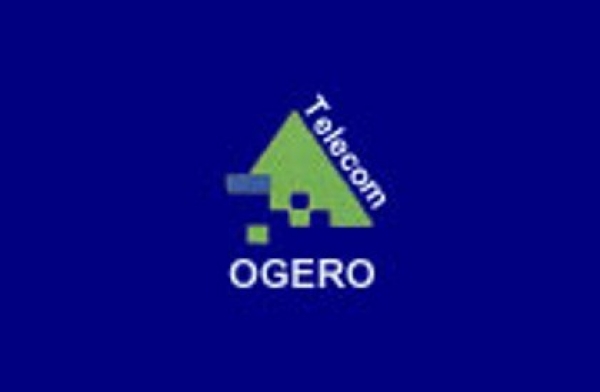OGERO : Established during the French Mandate and Revived by Hariri
Establishment
The Franco-Lebanese Radio Orient Company was established in 1925 during the French Mandate over Lebanon to manage national and international telephone services. Following Lebanon’s independence in 1945, the Ministry of Post, Telegraph and Telephone, known now as the Ministry of Telecommunications, became in charge of supervising the company, pursuant to a contract signed between the state and the company.
In 1972, Law No. 21, dated December 27, 1972 stipulated the formation of an organism tasked with the management of the Radio Orient company (Organisme de Gestion et d’Exploitation de l’ex-société Radio-Orient) upon expiry of its contract on December 31, 1972 and the transfer of its ownership to the Lebanese state.
According to the above law, the state-owned telecom company has a moral character and enjoys both financial and administrative autonomy. It acts under the supervision of the Minister of Post and Telecommunications and is subjected to the external inspection of the Audit Court.
Management
OGERO is managed by a chief operating officer (also director general) and 2 members are appointed for a renewable term of 3 years. Upon expiry of its term, OGERO’s management continues to carry out its tasks until the appointment of a new chief and members. It is conventionally agreed that the chief will be Sunni, and the members will be Maronite and Shia’a respectively.
State contracts
In 1975, the government assigned OGERO to take necessary measures to handle and operate the computer at the general directorate of the Ministry of Post, Telegraph and Telephone, or to update or change it according to maintenance requirements. Later, OGERO fell into long hibernation, hardly operating during the Civil War and for the first following post-war years. In 1992, the late PM Rafik Hariri assumed premiership, and accorded the telecom sector the attention it deserved. Thus, he revived OGERO and assigned it the maintenance of the facilities and equipment of the Ministry of Post, Telegraph and Telephone, by virtue of contract agreements co-signed by OGERO and the Ministry.
Cost
In principle, OGERO is a state institution that undertakes works to the benefit of the Ministry of Telecommunications and receives payment in return, without having to submit a statement of costs. Furthermore, the company has no specific personnel, as some of its employees used to work previously for the Ministry of Telecommunications, others are hired directly by OGERO and the remaining are contract employees. This state-owned body is run as a private company under the entire discretion of its chief, except that it is actually financed by the state. This is a descriptive, not critical, statement of the fact, as OGERO has proven itself to be a landmark in the telecommunications sector, particularly with respect to the landline and internet services, to name but a few. The cost of OGERO varies from year to year depending on the assigned works. For instance, LBP 60.1 billion were allocated to OGERO in the 2001 budget law, while its share reached LBP 172.5 billion in the 2009 draft budget law.
The achievements of OGERO have been substantial over the years. It is credited for the transformation of telecommunications from a passive and failed sector to a vibrant one offering great benefits both to the community and economy. However, its accomplishments remain incomplete without an explicit law that ensures the transparency of its expenditures and specifies the nature of its relation with the state, so that the Lebanese don’t return to those days when obtaining a telephone line necessitated a fortune or close connections with someone in power.








Leave A Comment